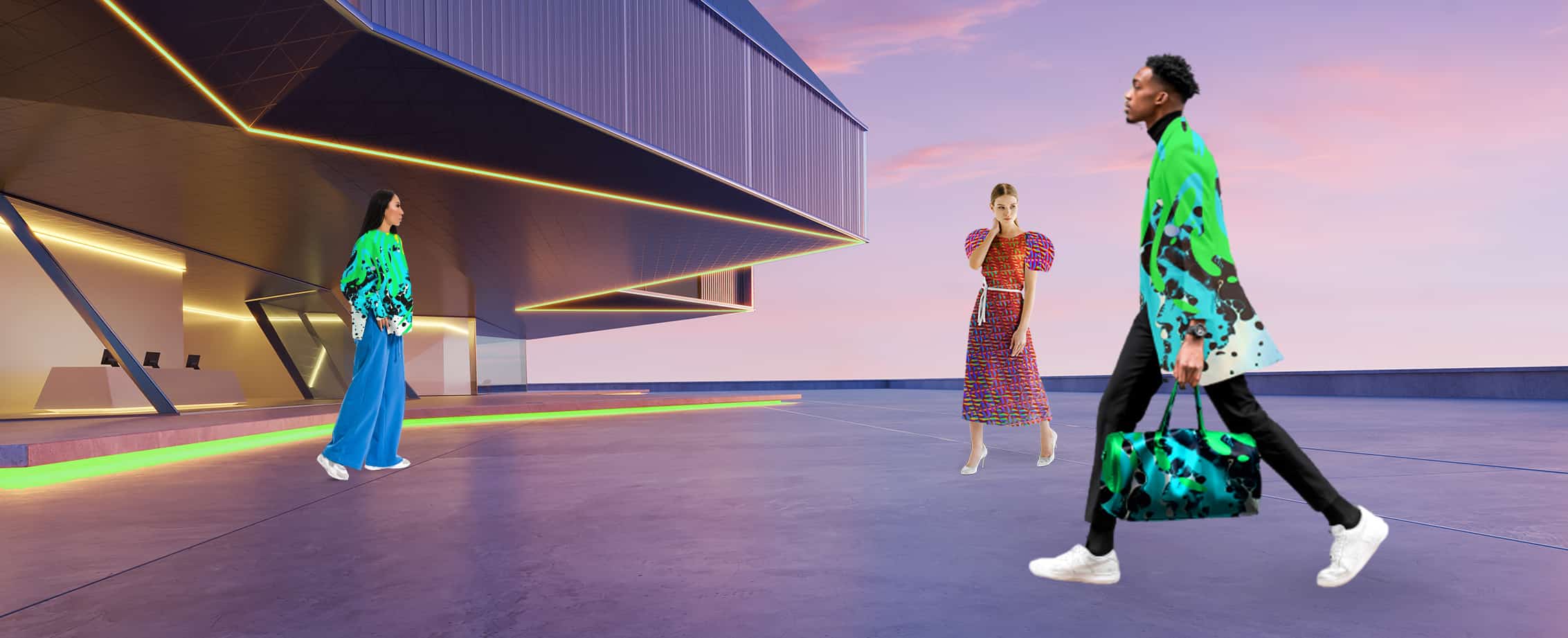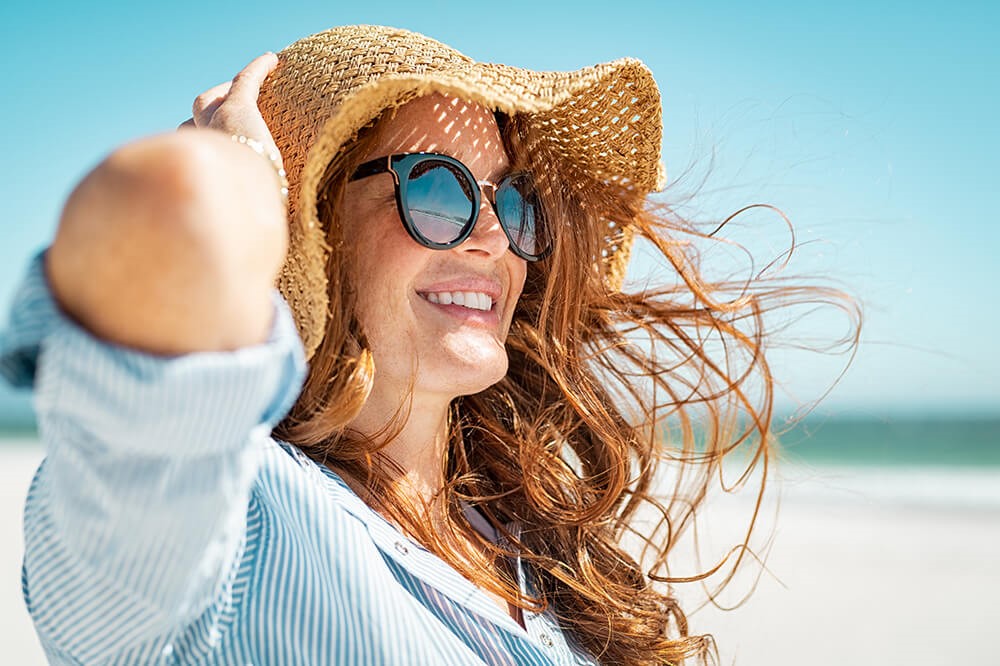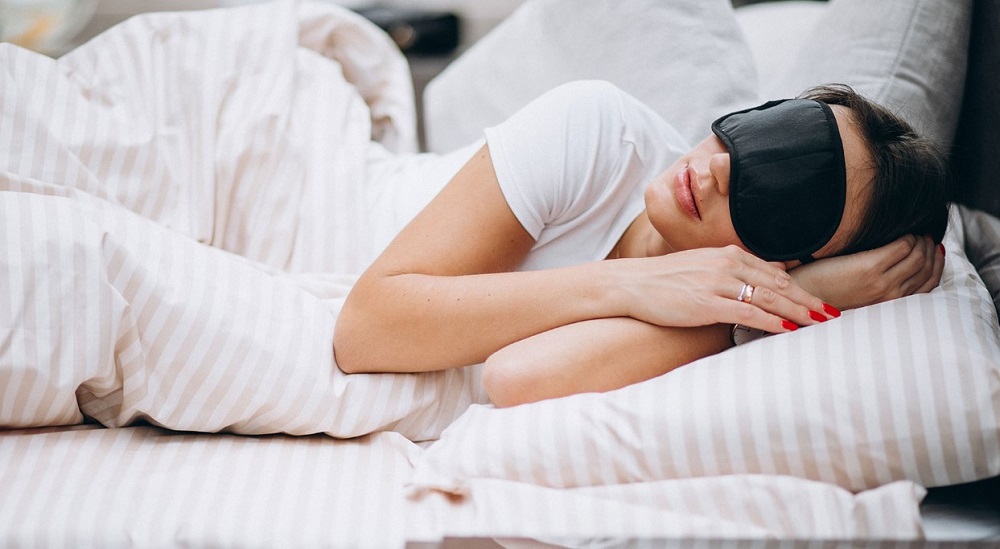Sunscreen is one of the most important skincare products, yet many misconceptions surround its use. From believing that people with darker skin do not need sunscreen to thinking SPF in makeup is enough, these myths can lead to inadequate sun protection and long-term skin damage.
Brands like Laneige and many Korean anti-aging skincare products emphasize broad-spectrum SPF as an essential step in preventing premature aging, hyperpigmentation, and even skin cancer. Understanding the truth about SPF can help you make better choices for your skin.
In this article, we will debunk common SPF myths, explain the facts about sun protection, and guide you on how to keep your skin safe and youthful.
Myth: You Only Need Sunscreen on Sunny Days
One of the biggest misconceptions is that sunscreen is only necessary on sunny days. In reality, UV rays are always present, even when it is cloudy or raining.
Truth: UV Rays Can Penetrate Clouds and Windows
- UVA rays are responsible for premature aging and penetrate deep into the skin. They can pass through glass and clouds, meaning that even on overcast days, your skin is still at risk.
- UVB rays cause sunburns and are strongest during sunny days, but they can still damage your skin even when the sun is not visible.
Laneige’s Hydro UV Defense Sunscreen SPF 50+ PA++++ is designed for daily wear, offering lightweight protection against UVA and UVB rays.
Bottom line: Sunscreen should be worn daily, whether it is sunny, cloudy, or even if you are staying indoors near windows.
Myth: Darker Skin Tones Do Not Need Sunscreen
Many people believe that melanin-rich skin provides natural sun protection, eliminating the need for sunscreen. While darker skin tones do have some natural UV protection, they are not immune to sun damage.
Truth: Everyone Needs Sun Protection
- Melanin provides a natural SPF of about 13, but dermatologists recommend SPF 30 or higher for effective protection.
- Darker skin tones are still susceptible to hyperpigmentation, premature aging, and skin cancer caused by UV exposure.
- Skin cancer can be harder to detect in darker skin tones, making prevention even more important.
Many Korean anti-aging skincare products now cater to all skin tones, ensuring that hydration, SPF, and anti-aging benefits are available for everyone.
Bottom line: No matter your skin tone, sunscreen is essential to maintain healthy, youthful skin.
Myth: SPF in Makeup is Enough
A common mistake is assuming that SPF in foundation, BB cream, or powder is sufficient. While many makeup products now include sun protection, they do not provide the full coverage needed for effective protection.
Truth: SPF in Makeup is Not Enough
- SPF in makeup is applied in thin layers, which means you are not getting the full SPF coverage stated on the label.
- Dermatologists recommend applying at least a nickel-sized amount of sunscreen on the face, which is much more than the amount of foundation typically applied.
- Makeup with SPF does not offer broad-spectrum protection, leaving your skin vulnerable to UV damage.
Laneige’s Watery Sun Cream SPF 50 is a great lightweight option that layers well under makeup without feeling heavy or greasy.
Bottom line: Always apply sunscreen before makeup, and use a setting spray with SPF or a sunscreen mist to reapply throughout the day.
Myth: One Application of Sunscreen Lasts All Day
Some people believe that applying sunscreen once in the morning is enough to last the entire day. However, sunscreen breaks down over time and must be reapplied.
Truth: Sunscreen Must Be Reapplied Every Two Hours
- Sweat, oil, and environmental factors weaken sunscreen protection over time.
- If you are swimming or sweating, reapply sunscreen immediately after drying off.
- Even water-resistant sunscreens need to be reapplied every two hours for continuous protection.
Korean anti-aging skincare products often contain hydrating SPF formulas that make reapplication comfortable without drying out the skin.
Bottom line: To stay protected, reapply sunscreen every two hours, especially if you are outdoors or exposed to direct sunlight.
Myth: Higher SPF Means You Can Stay in the Sun Longer
Many people assume that SPF 100 is twice as effective as SPF 50, allowing them to stay in the sun longer without reapplying. This is a dangerous misconception.
Truth: SPF 50 and SPF 100 Have a Small Difference in Protection
- SPF 30 blocks about 97 percent of UVB rays, while SPF 50 blocks 98 percent, and SPF 100 blocks 99 percent. The difference is minimal.
- Higher SPF does not extend the amount of time you can spend in the sun. Sunscreen must still be reapplied every two hours.
- SPF 100 can give a false sense of security, leading to longer sun exposure without reapplication, increasing the risk of sunburn and long-term damage.
Laneige Sun Stick SPF 50 is a perfect on-the-go option for easy reapplication.
Bottom line: SPF 30 or 50 is sufficient for daily use, but frequent reapplication is more important than choosing the highest SPF number.
Myth: You Do Not Need Sunscreen Indoors
Many people skip sunscreen when they work from home or stay indoors, believing they are not exposed to UV rays.
Truth: UV Rays Can Enter Through Windows
- UVA rays penetrate glass, meaning you are still exposed if you sit near a window.
- Indoor lighting, especially blue light from screens, may contribute to skin aging and hyperpigmentation.
- Wearing sunscreen indoors helps maintain consistent skin protection against unseen UV exposure.
Korean anti aging skincare products often contain SPF-infused moisturizers to provide daily protection, even indoors.
Bottom line: If you are near windows or using electronic screens for long hours, wear sunscreen indoors to prevent gradual skin damage.
Myth: Sunscreen Causes Breakouts
Some people avoid sunscreen because they believe it clogs pores and leads to acne.
Truth: Non-Comedogenic Sunscreens Do Not Cause Breakouts
- Many modern sunscreens are formulated to be lightweight and oil-free, making them suitable for acne-prone and sensitive skin.
- Look for non-comedogenic sunscreens labeled as oil-free and fragrance-free to reduce the risk of irritation.
- Chemical sunscreens may cause sensitivity, so those with acne-prone skin may prefer mineral sunscreens.
Laneige’s Oil-Free Sun Gel SPF 50 is lightweight and non-greasy, perfect for acne-prone skin.
Bottom line: Choose the right sunscreen for your skin type to prevent breakouts while staying protected.
Conclusion
Sunscreen is a non-negotiable step in skincare. Whether you are indoors, have darker skin, or wear SPF in makeup, proper sun protection is essential for maintaining healthy, youthful skin.
Brands like Laneige and Korean anti-aging skincare products focus on hydrating, lightweight sunscreens that make daily application easy and effective.
By busting these SPF myths, you can take better care of your skin and ensure long-term protection against sun damage, premature aging, and skin cancer.
Start applying broad-spectrum sunscreen daily, and reapply regularly—your skin will thank you for it!










